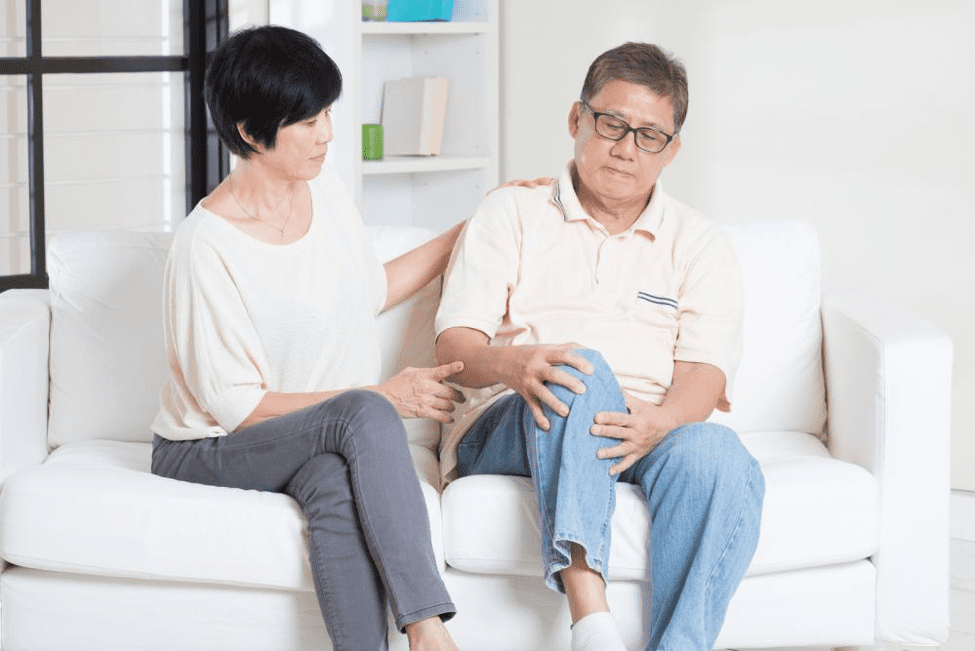Knee pain is a common problem for the elderly. After all, years worth of walking, running, sitting, standing and countless other movements take their toll and start giving you signs that you need to go a bit easy on your knees. However, even young people suffer from knee problems.
No matter what the age or cause, there are some preventive measures that you can take to relieve yourself of knee pain and avoid it in future.
Why does knee pain occur?
There could be a number of reasons why a person might have knee pain. They can be from among the following:
- Age
Old people lose the calcium present in their bones and because of this, their bone density decreases over time. The wear and tear that took place for decades has finally started to show and people need to start caring for their knees more than ever. Other factors such as arthritis or osteoporosis can cause joints in the knees to ache.
- Weight gain
Gaining a significant amount of weight can wear out the knees. Your knees bear a lot of pressure as it is to make your body walk, stand and run and if there is a lot of weight put on them to carry; they will eventually start hurting, signaling that you need to lose weight. A large majority of obese people have knee problems just due to their weight.
- Sports Injuries
A lot of athletes suffer from knee pain from time to time due to suffering from injuries or from playing too hard or for long hours. Accidents such as falling directly on one’s knees can also cause the knees to hurt and sometimes even cause fractures or dislocation.
Although there could be a dozen other reasons for anyone to have knee pain and you can only know the cause once you get a checkup done, the above mentioned remain the most common reasons.
How to prevent knee pain:
Maintain healthy weight
Check your BMI and see if you are at your ideal weight. Adding pressure to your knees through extra weight can take a toll on them.
Exercise
People with knee problems often assume that they shouldn’t exercise so that their knees don’t hurt even more. This is counterproductive because your joints need some movement, otherwise it would become harder for you to even do the regular knee related activities such as walking or standing.
It is recommended you do low impact exercises such as walking and swimming to get some flexibility in your joints.
Take proper supplements and calcium rich foods
Milk, calcium supplements, and organic foods contain minerals because they will promote bone health.
Get physical therapy
You can get physical therapy from a licensed practitioner or even a massage to ease the pain and relax your knees.
Treat it with hot and cold packs
This will reduce the inflammation in your knee joints.
Injections
For serious injuries and chronic pain, your doctor will advise you to get an injection, if it is right for you.
Knee pain should not be taken lightly. Always contact your healthcare provider to find out about any underlying problems if the pain persists. To make an appointment with Dr. Parikh, visit www.healthONEmedicine.com.

